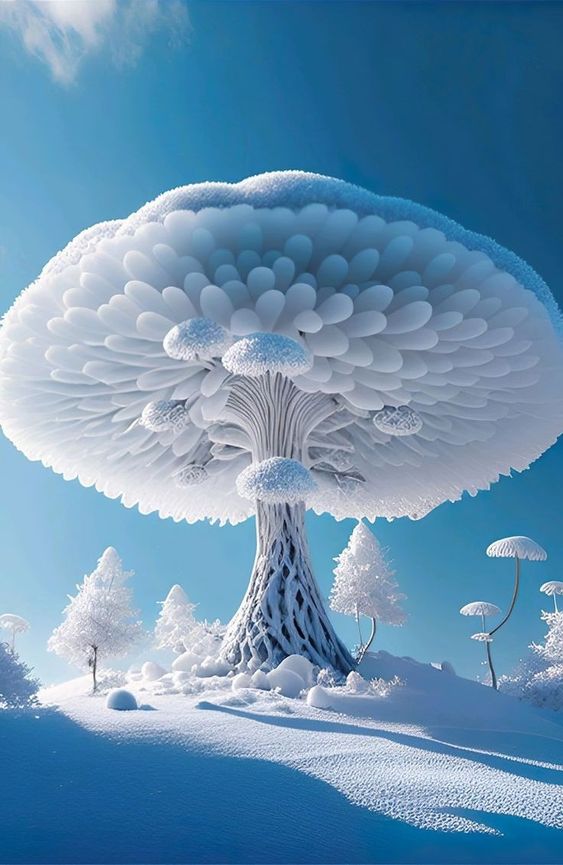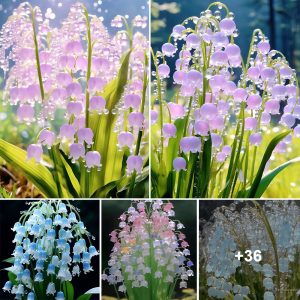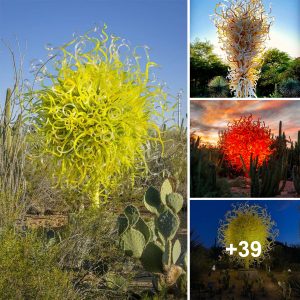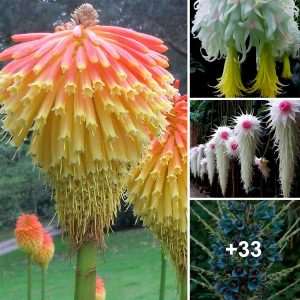In the realm of fungi, a diverse and intriguing group of organisms exists, captivating our curiosity and expanding our understanding of the natural world. Among these fascinating organisms, mushrooms stand out with their unique and enchanting qualities. In this article, we delve into the captivating world of mushrooms, exploring their characteristics, ecological significance, and the symbiotic relationship they share with the environment.

- Mushroom Diversity: Mushrooms, or fungi, represent a vast and diverse kingdom of organisms. They come in various shapes, sizes, and colors, ranging from the familiar button mushroom to the exotic and vibrant varieties found in forests and fields. Some mushrooms boast intricate caps and delicate gills, while others exhibit unconventional forms like coral or bracket shapes. The immense diversity of mushrooms offers a glimpse into the remarkable adaptability and evolution of these unique organisms.

- Ecological Importance: Mushrooms play a crucial role in ecosystems, serving as nature’s decomposers. They break down organic matter, such as dead trees and decaying plant material, recycling nutrients back into the soil. This vital process, known as decomposition, enriches the soil and contributes to the overall health of the ecosystem. Mushrooms also form mutually beneficial relationships with trees and plants through mycorrhizal associations, where they exchange nutrients with the roots, aiding in the growth and survival of both parties.


- Medicinal and Nutritional Value: Beyond their ecological significance, mushrooms hold great value in human health and nutrition. Certain species of mushrooms have long been used in traditional medicine for their potential healing properties. For example, the shiitake and reishi mushrooms are renowned for their immune-boosting and antioxidant effects. Additionally, mushrooms are a source of valuable nutrients, including protein, fiber, vitamins, and minerals, making them a healthy and versatile ingredient in various cuisines





